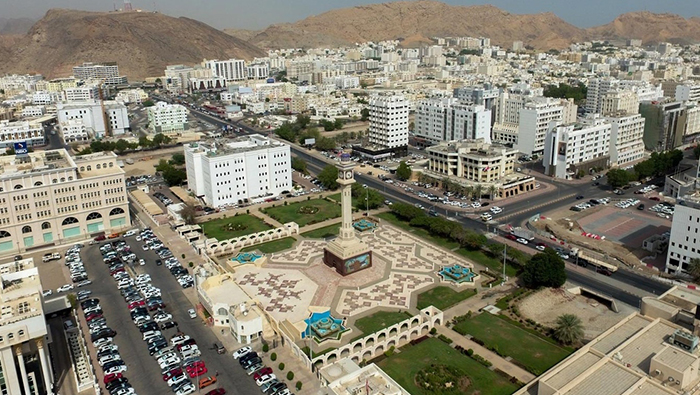
Muscat: The Ministry of Economy affirmed that the implementation of the Personal Income Tax (PIT), set to take effect at the beginning of 2028, represents a crucial step toward enhancing financial stability and completing the fiscal sustainability framework. This measure aims to ensure sustainable financing for development across various sectors.
Dr. Said Mohammed Al Saqri, Minister of Economy, stated: “The tax serves as a new revenue stream to diversify public income sources and mitigate risks associated with reliance on oil as the primary revenue source. It will help maintain current levels of social and service spending while preserving Oman’s achievements in financial and economic stability under 'Oman Vision 2040' and its first executive phase, the Tenth Five-Year Plan (2021-2025)."
He explained that the (PIT) is a fiscal tool adopted by most countries worldwide as a key revenue source to fund state-provided services. Over 190 countries impose this tax, and in many, income taxes constitute the largest component of total tax revenues at federal and local levels, financing public goods and services. He noted that implementing the tax in Oman will yield significant economic benefits, supporting income diversification strategies and long-term fiscal stability as a pillar of economic growth. It, he added, will also sustain government revenues, strengthen the state’s financial position, maintain credit ratings, and boost spending power for beneficiaries—directly stimulating aggregate demand and economic growth.
He highlighted that oil and gas revenues account for 68% to 85% of Oman’s total public income, depending on global energy prices. While oil prices have stabilised at favorable levels in recent years, they remain volatile. Oman has effectively managed additional oil revenues by reducing public debt to safe GDP ratios, increasing investment and social spending, and subsidizing essential goods and services, he further noted.
He affirmed that government policies and initiatives have successfully shifted Oman’s fiscal and economic trajectory toward sustainability and stability. Public debt has sharply declined, credit ratings have consistently improved to investment-grade levels, and Oman’s standing in global competitiveness indices has risen. The Tenth Five-Year Plan sustained GDP growth near target rates, while economic diversification policies attracted quality investments and drove non-oil sector growth beyond expectations, the minister said.
He added: “As the Tenth Plan nears completion, Oman has advanced significantly in economic diversification and fiscal sustainability. The (PIT) will further prioritise financial stability by diversifying revenue sources—a strategic necessity to ensure equitable wealth distribution, enhance public services, strengthen social protection systems, and mitigate risks from global energy market fluctuations and other economic variables.”
He emphasised that accelerating "Oman Vision 2040" and its economic diversification strategy—transitioning to a knowledge- and technology-driven economy—requires sustainable funding for long-term planning. The Vision targets strategic investments in education, human capital, advanced infrastructure, innovation, and diversified sectors, alongside essential services and social protection. He pointed out that the 2025 budget allocates over OMR5 billion (39% to education, 24% to health, 28% to social protection) to these sectors, with the Social Protection Fund benefiting over 2 million people monthly as a key mechanism for household financial stability.
As for the potential economic impacts, He noted that the tax study assessed effects on GDP and 18 economic sectors, concluding minimal impact (under 1%) due to high exemption and low tax rates. Foreign investment is expected to remain unaffected, as the tax applies to individuals—not corporate entities—and Oman’s rates remain competitive globally, the minister concluded.